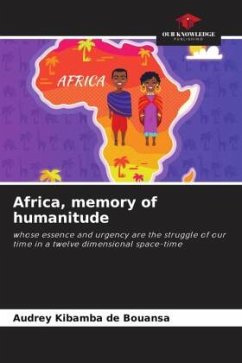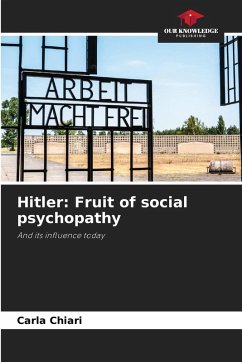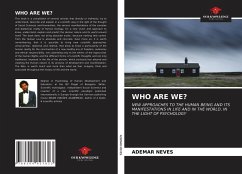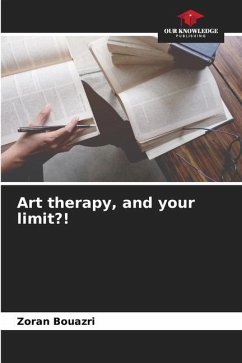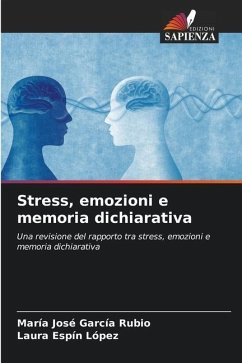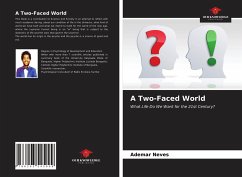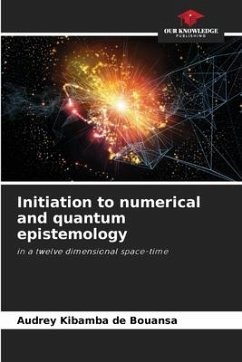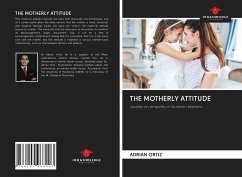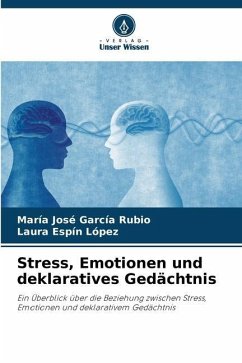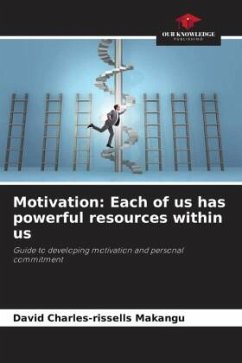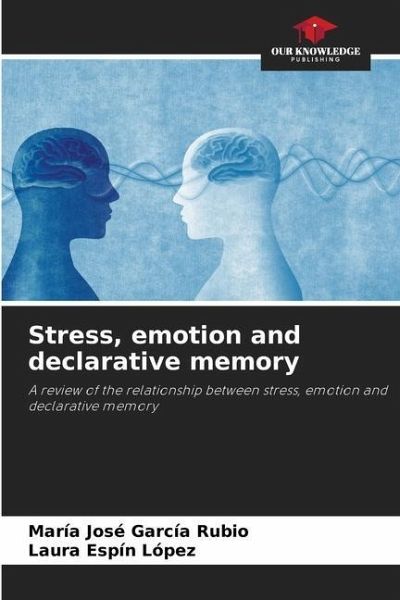
Stress, emotion and declarative memory
A review of the relationship between stress, emotion and declarative memory
Versandkostenfrei!
Versandfertig in 6-10 Tagen
27,99 €
inkl. MwSt.

PAYBACK Punkte
14 °P sammeln!
In today's society, a common factor experienced by most human beings is stress. Stress poses a real or imagined threat to a person's physical and psychological integrity. This is why its study is so important. Stress is modulated by many factors and affects human cognitive abilities such as memory. A state related to the physiology of stress is emotion. Emotion can affect the direction of the stress response by increasing or decreasing it, which in turn interferes with the memory of the stimuli already studied. The interplay between these three constructs (stress, emotion and memory) is partic...
In today's society, a common factor experienced by most human beings is stress. Stress poses a real or imagined threat to a person's physical and psychological integrity. This is why its study is so important. Stress is modulated by many factors and affects human cognitive abilities such as memory. A state related to the physiology of stress is emotion. Emotion can affect the direction of the stress response by increasing or decreasing it, which in turn interferes with the memory of the stimuli already studied. The interplay between these three constructs (stress, emotion and memory) is particularly complex. Therefore, research is often aimed at studying stress, emotion or memory separately. However, in everyday life, we automatically mix these three concepts without being able to separate their sensations or experiences. For this reason, this book will shed light on the possible relationship between these three states by reviewing the most important scientific findings to date.



